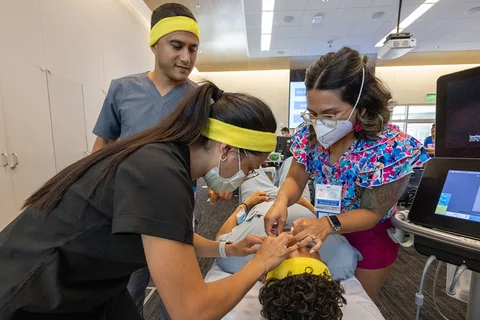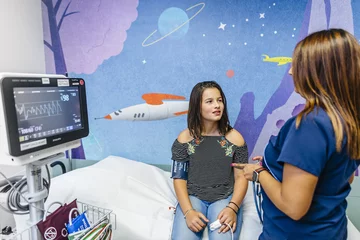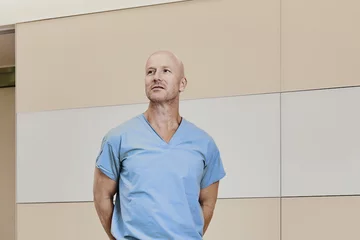See yourself here.
What's happening around campus?
See all events

Why choose UCLA?
City of angels

Programs
Find your program
Headlines
View All News Articles

UCLA medical students celebrate Match Day and their ability to overcome barriers
UCLA medical students share the ups and downs of matching into residency.
4 min read
Read the full article
You feel like these people really support you, they want the best for you, and that they’re going to be with you no matter what.
Nonye Ikeanyi, MD Student, DGSOM
Live Your Life of Impact Here
You'll find yourself in one of the most diverse cities in the world. Our community is made up of amazing, strong, and talented leaders who care deeply and work to impact our world for good.



